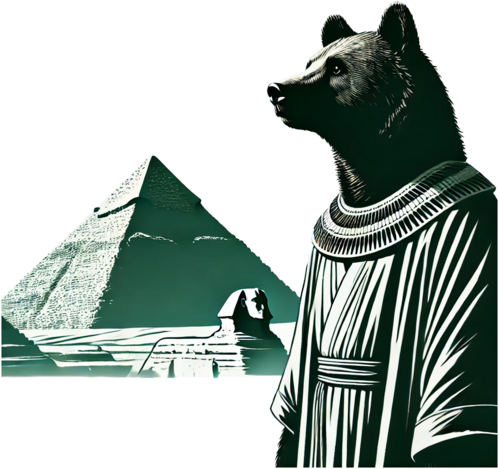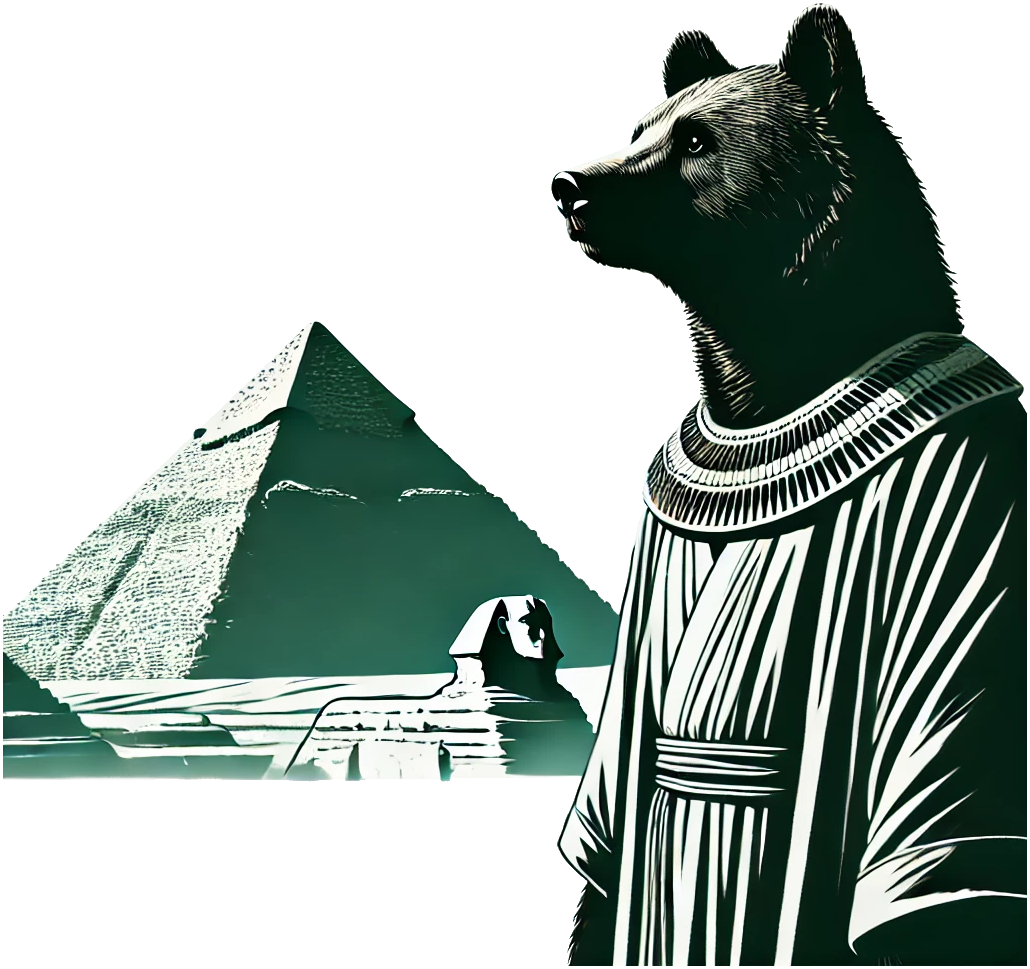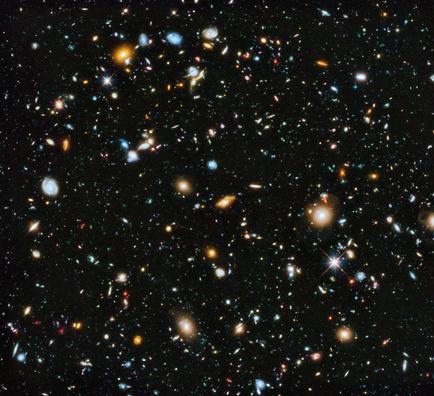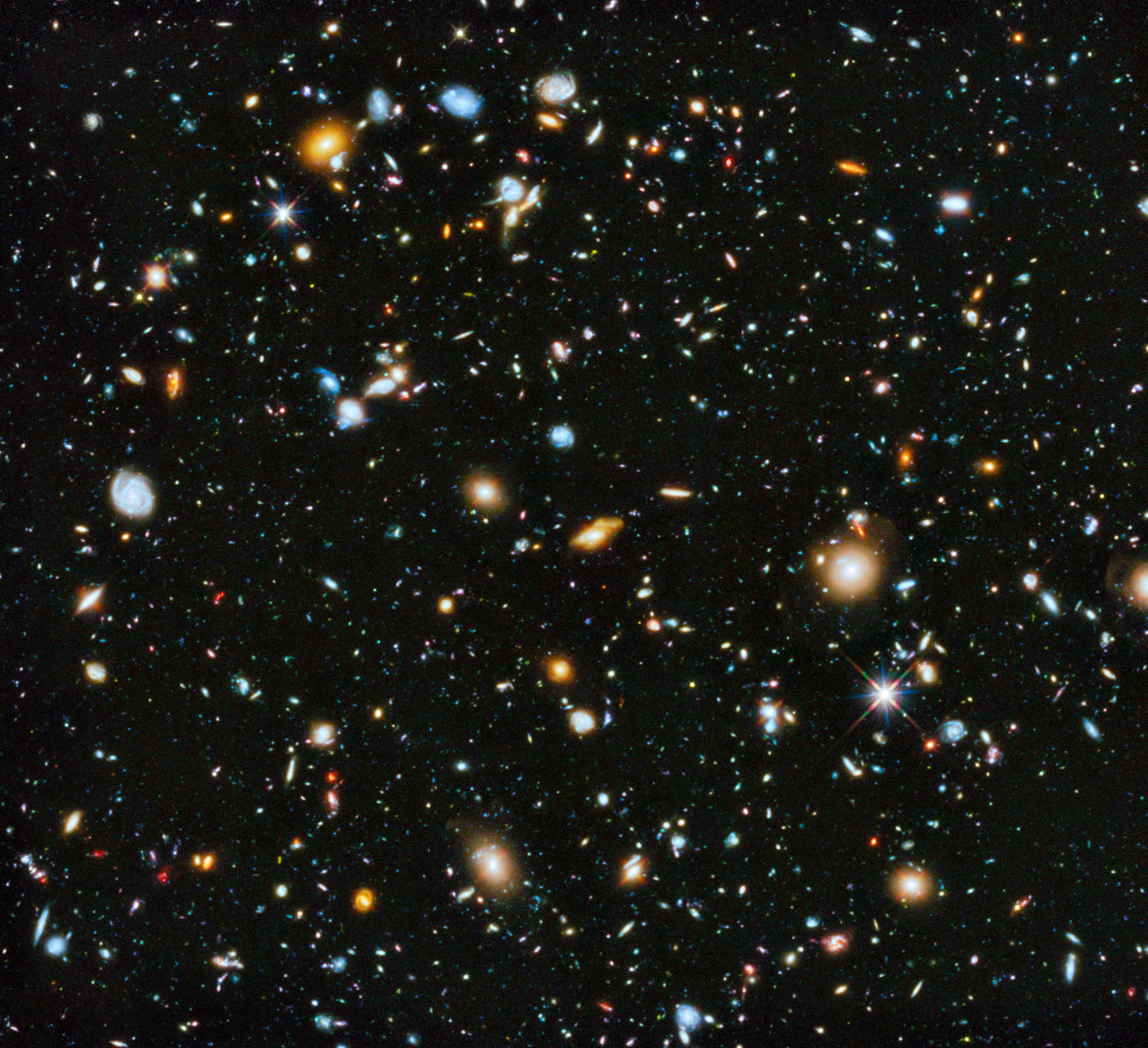Legacy
The first time you die is when your heart stops beating.
The second time you die is the last time someone speaks your name.
Or is it?
Memory as legacy
The concept of “second death” has always been deeply human.

The ancient Egyptians believed that the afterlife persisted only as long as living people remembered one’s name, and therefore built edifices that still stand with a permanence of 4000 years and counting. Jews recite the Kaddish on death’s anniversary, intentionally recalling the person. Many Native Americans “keep the spirit alive” through storytelling, passed down through the generations. The ancient Greeks called it “glory” (κλέος); Achilles is given the choice between a long, uneventful life or a short life with enduring fame, and chooses the latter. The Japanese Obon Festival and the Mexican/Aztec Día de los Muertos reaffirm continued second lives through remembrance. The Korean tradition of Jesa invites the departed with food and bowing, and the Chinese Qingming Festival (清明节) brings honors and remembrance to the tombs of loved ones.
In modern times, the rich perpetuate their names on charitable foundations and carved into university building cornerstones. Discoverers’ names endure in theorems (Pythagorean) and particles (Higgs) and frameworks (Myers-Briggs) and conquered lands (Sandwich Islands).
But is this the best way to live beyond death—affixing our name to a thing?
Recently I’ve become enamored with a different concept of legacy:
The on-going impact of ideas.
Contribution as legacy
The authors of religious texts are largely unnamed, and yet their stories, lessons, laws, and ethics have determined the world view of tens of billions of humans, and will continue to do so.
If Charles Darwin had written his book anonymously, his ideas would still have echoed through science. Newton “stood on the shoulders of giants,” even if we don’t bother to enumerate those giants ourselves. If we erased all names from all discoveries, they would not cease to be discoveries, and their effect on us would not diminish.
As Juliet observed, a rose by any other name would smell as sweet, and her world would have been happier had it not been poisoned by a name. The plot of “Romeo and Juliet” predates Shakespeare by thousands of years in the forms of Pyramus and Thisbe, Layla and Majnun, Tristan and Isolde, 梁山伯与祝英台 and surely many others. Though the ultimate origin is lost in time—and might not even be singular—ideas can echo wide (in geography) and deep (in time).

Like water waves, ideas propagate without reference to the originator. The creator lobs an idea-stone into the lake of humanity. Waves of influence move in all directions, potentially infinitely far across time and space, the original stone forgotten, or never known. Waves fizzle out without support, but they grow if whipped up by winds of repetition, and they grow when they inspire other creators, remixing additional ideas into new stones.
Most waves become indiscernible on the tumultuous surface, but they were undeniably part of the force eventually crashing on a distant shore of a distant mind of a distant human.
It’s happening to me, now. People are repeating my SLC, sometimes outright plagiarizing the original. Some consultants and agencies present SLC as their own idea. And another and another and another and another and another and another and another and another and another. Even video.
When I first discovered these, I was indignant, maybe even bitter, maybe even angry. Who wouldn’t be? But these are the ripples on the lake. These are the winds of repetition with no reference to the originator. If the ripples are the legacy, then they can be met instead with gratitude and pride.
Releasing legacy
What does it mean for all of us, today?
It means we should worry less about “content” for the sake of “eyeballs” and more about creating ideas that are worth repeating—ideas that are so important and true and compelling and repeatable that people wish to repeat them, even if our names aren’t attached to the broadcast and our tweets aren’t the ones being retweeted. We should worry less about the attention we bring to ourselves, and more about how we can positively influence others, how we can help others become better versions of who they already are.

This is all easy for me to say. I have a modicum of fame from writing about 25 years of building companies. This article was broadcast to 60,000 newsletter subscribers. It’s also easy for me to say, having made enough money through building those companies that I was never compelled to monetize content. So sure, I can say “it’s not about the fame nor money.” A rare luxury.
Of course attribution is not without value. Artists should be paid for their work. Fame and money matters while we’re alive, and these are not trivial things. Proper attribution is ethical. Plagiarism is theft.
Still, for all of us, in addition to accumulating fame and money it’s useful to ask: And what else?
What stones will you drop?
Which of your ideas deserve repetition? Which of others’ ideas deserve repetition, with your own take, your own style, your own exposition? What will you do with your influence? What are the behaviors you wish to encourage in others? What are the lessons you wish humanity would heed?
I’ve been unwittingly answering those questions on this site for 18 years, without labelling the ideas with my name. Hence not only SLC, but Binstack and Needs Stack and Talk/Walk and Fairytale Strategic Planning and Brittle Points and Pivot Points bearing self-descriptive names, or crediting another in Fermi Estimation, or in cases of my Roadmap for PMF and Love/Skill/Need and Love/Utility/Coercion and “Is there a problem,” and Unpredictability, remaining simply untitled.
You must drop some stones, because the alternative is a nihilistic descent, realizing your life is a flicker between the 13,770,000,000 years of near-nothingness that came before you and the far longer expanse after you die, most of which will be a featureless soup of maximum-entropy minimum-energy photons. And even during this impossibly improbable blip, you’re just a speck on a soggy marble that is a speck in a star system that is one of billions in a galaxy that is one of billions in a universe 880,
And therefore we should live only for today, and only for ourselves, because to an extremely high degree of precision, we are nothing, and nothing matters.
I can’t argue with those numbers, but I don’t have to make that conclusion.
Because it does matter. To be human is to defy the uncaring universe by caring deeply anyway—caring for our loved ones, caring about our creations, and caring about our legacy.
This is perhaps the meaning of life: To discover who we are, to be driven by what we were meant to do, to create beloved and useful things, and to love and help others.
My dad died 20 years ago while I was holding his hand.
I had a vivid dream a few weeks after his death. He’s looking directly into my eyes. His face looks like it did when I was growing up, not the way it did in those final moments. He’s not speaking. Somehow I hear the message regardless. I don’t mean a ghost is communicating, I mean my brain is processing something—something deeply important—just as thoughts intrude upon meditation. The dream intruded upon me, carrying wisdom that some part of my brain already understood. The wisdom was that although someone is dead, as long as you remember them, as long as their words or ideals are reflected in what you say, what you do, what you value, then that part of them is literally and physically living on, in you.
And you to the next.
https://longform.asmartbear.com/legacy/
© 2007-2026 Jason Cohen
 @asmartbear
@asmartbear ePub (Kindle)
ePub (Kindle)
 Printable PDF
Printable PDF










